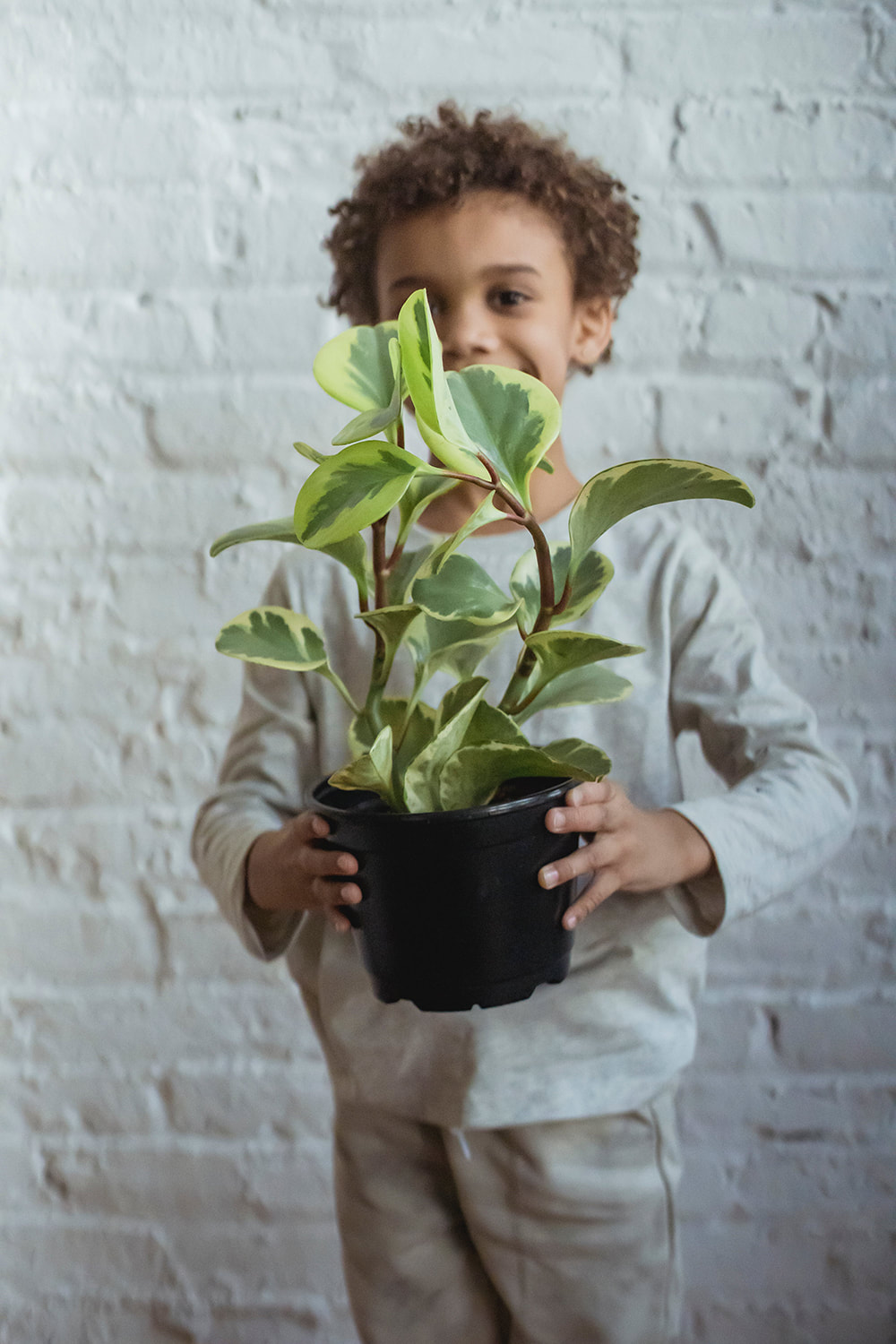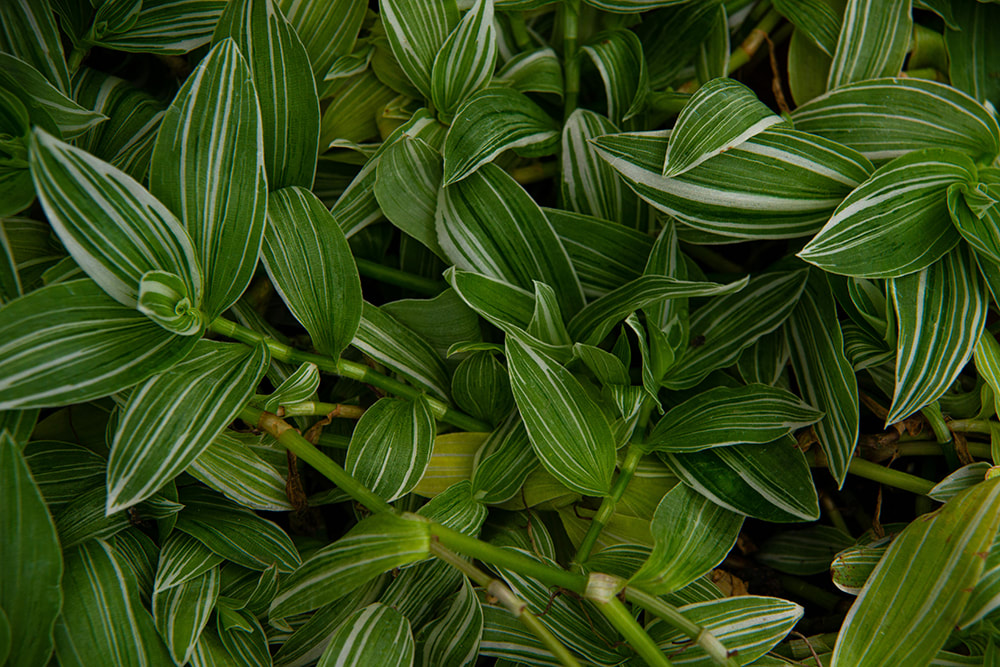Cause or coincidence? It’s called “anecdotal evidence”—a correlation that sometimes appears but you can’t prove the connection. Research says you don’t raise the oxygen level significantly just by owning a houseplant, especially if the windows open anyway. A few studies have found that classroom greenery has improved children’s learning and wellbeing. Some sources suggest that houseplants absorb traces of toxic chemicals from your air. Whatever the bedroom jungle did or did not do, it gave my sons joy and it gave them something to nurture. Joy is untidy and living things never stick with the plan. There were spills of soil and water and a littering of broken leafage on the carpet. There were crawlies in the soil and spiders under the leaves. There were two children proud of their accomplishments in horticulture and fiercely defensive of their chosen bedroom décor. Their plants were friends. Herbs, succulents, even cactuses—each had their own individuality and each became an emotional attachment. I’m going to go out on a limb here and argue that plants really do make good friends for children. They’re interactive, at least in the sense of responsiveness to their environment and to how you treat them. There are natural consequences to your actions or inaction. The give-and-take between you and your potted plant may not be on symmetrical terms, but it’s there, and it’s your responsibility to maintain the relationship. They’re kind. Once you understand the basic chemistry of life, you know that your plants are contributing their tiny share of oxygen into the world. They add beauty of colour or shape to your environment, and sometimes more. An aloe vera will soothe your bumps and scrapes or a pot of mint will allow you to harvest some of its leaves. They’re a positive influence, telling you things you need to know. Not loudly but subliminally: things like Wait, or Give yourself time, or We can recover from injury.
Not everyone has a garden, and not everyone’s in walking-distance of woodland. But nearly everyone has a windowsill. Carpe peccatum de fenestra*. * “Seize the windowsill” in English. In the spirit of Carpe diem, or “seize the day”, because things written in Latin are generally considered to be inspirational.
0 Comments
Leave a Reply. |
AuthorFiona M Jones is a creative writer living in Scotland. Her short fiction, CNF, poetry and educational content is published all over the world, and one of her stories gained a star rating in Tangent Online's "Recommended Reading" list for 2020. You can follow Fiona's work through @FiiJ20 on Facebook and Twitter. Archives
June 2024
Categories
All
|




 RSS Feed
RSS Feed
